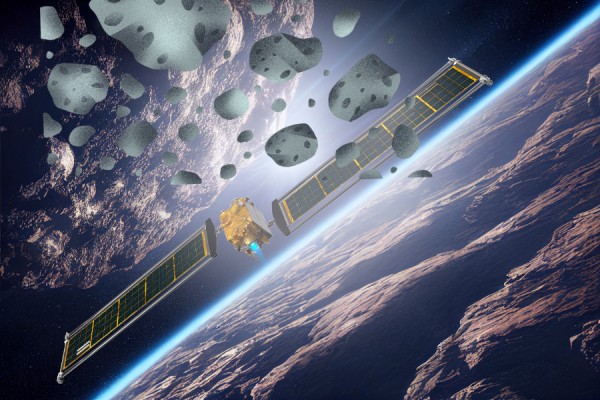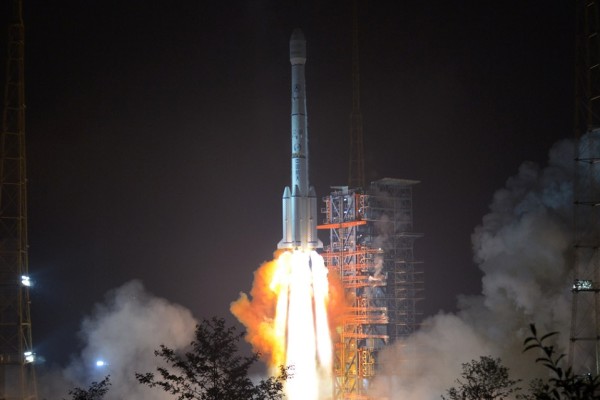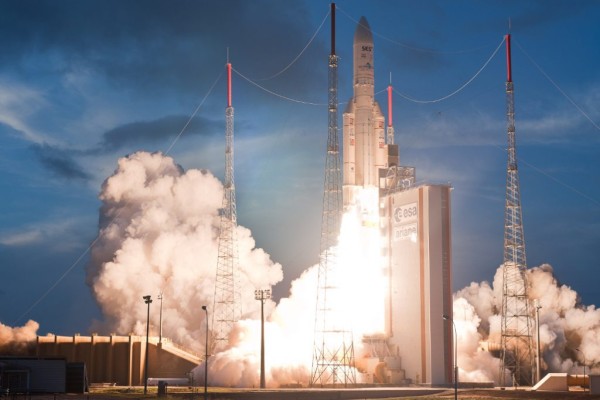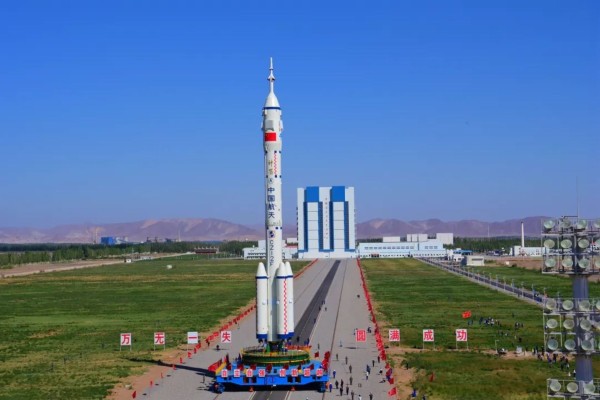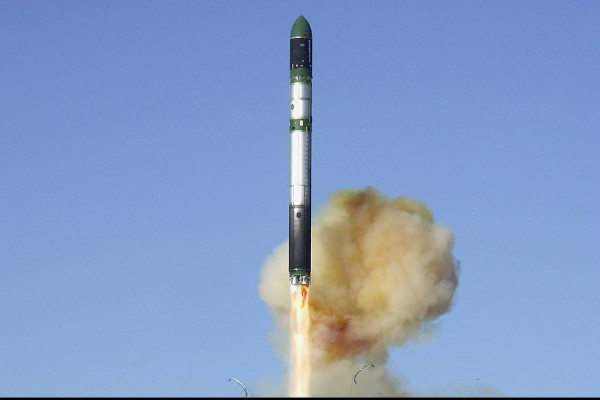- Space
- 1 year before
PSLV: India's Symbol of Success and Power in Space
Discover the success of PSLV: India's influence in space exploration, its technical characteristics and its important missions that resonate around the world.
-

- 1 year before
- Category: Space
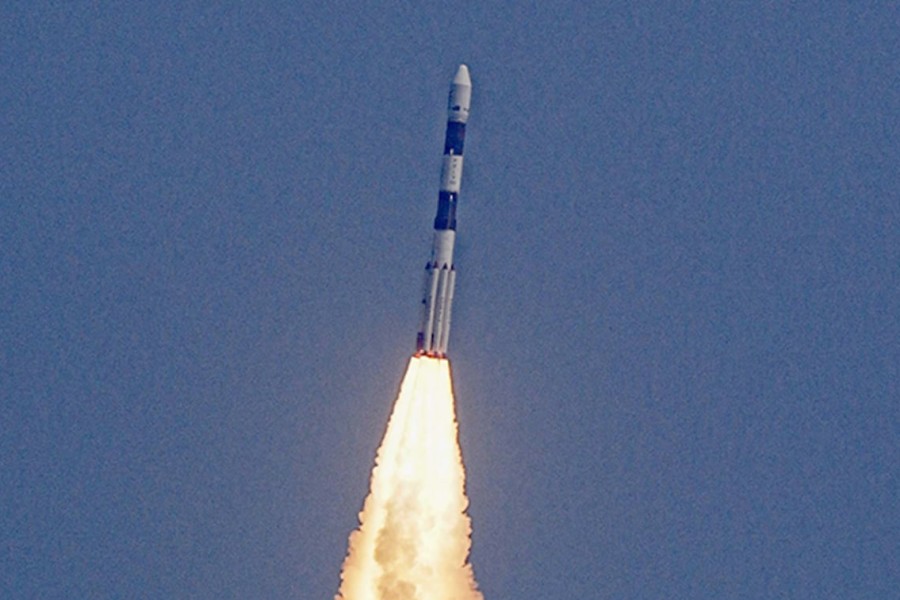
PSLV: India's Versatile and Reliable Launch Vehicle
Design and Specifications
The Polar Satellite Launch Vehicle (PSLV) is a four-stage rocket developed by the Indian Space Research Organization (ISRO). Each stage of the PSLV is optimized for different thrust and performance requirements. The first three stages utilize a combination of solid and liquid propellants, while the fourth stage employs liquid propellants exclusively. The PSLV stands 44 meters tall with a diameter of 2.8 meters. Various configurations of the PSLV (PSLV-G, PSLV-CA, PSLV-XL, PSLV-DL, PSLV-QL) cater to diverse payload capacities and mission needs.
Achievements and Important Missions
The PSLV has played a pivotal role in India's space exploration endeavors. Notable missions include Chandrayaan-1, India's first lunar mission, and the Mars Orbiter Mission (Mangalyaan), India's maiden mission to Mars. The PSLV has successfully launched numerous national and international satellites into orbit, demonstrating India's growing capabilities in space exploration.
Impact on Space Industry
The success of the PSLV has propelled India to the forefront of the global space industry. Its flexibility and reliability have made it the preferred choice for commercial satellite launch services worldwide. The PSLV has been instrumental in strengthening India's independence in space exploration and has significantly enhanced its international standing.
The PSLV has become a symbol of India's growing prowess in space technology. Its versatility and proven track record have positioned India as a major player in space exploration and satellite launch services. The PSLV will continue to be a key platform for India's future space missions, contributing to the country's ongoing exploration and research endeavors.

